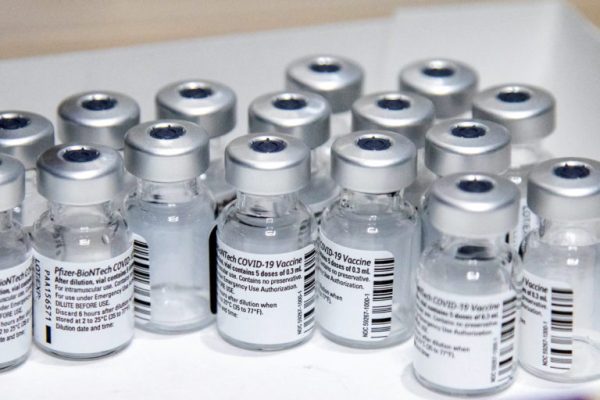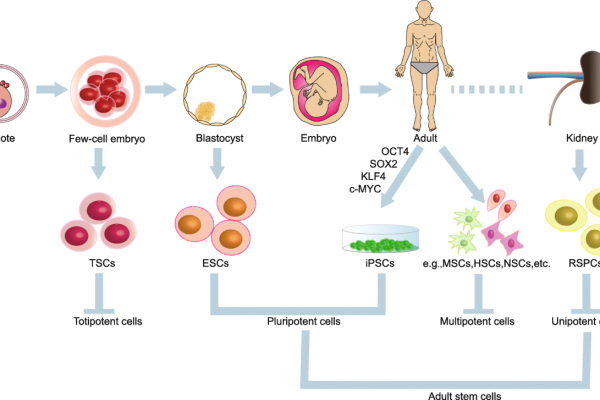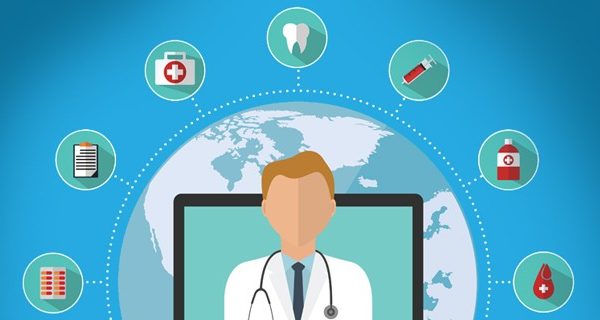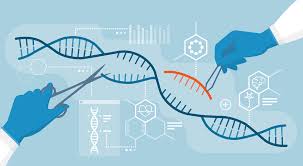
Vaccine Development: Lessons Learned from the COVID-19 Pandemic
The COVID-19 pandemic has transformed vaccine development, with unprecedented speed and innovation. This article explores the rapid advancements in vaccine technology, including mRNA and viral vector vaccines, and the critical lessons learned from this global health crisis. It examines the challenges of vaccine equity, distribution, and communication, and considers the future implications for pandemic preparedness and next-generation vaccines. Through these insights, we aim to enhance our understanding and preparedness for future health emergencies.















